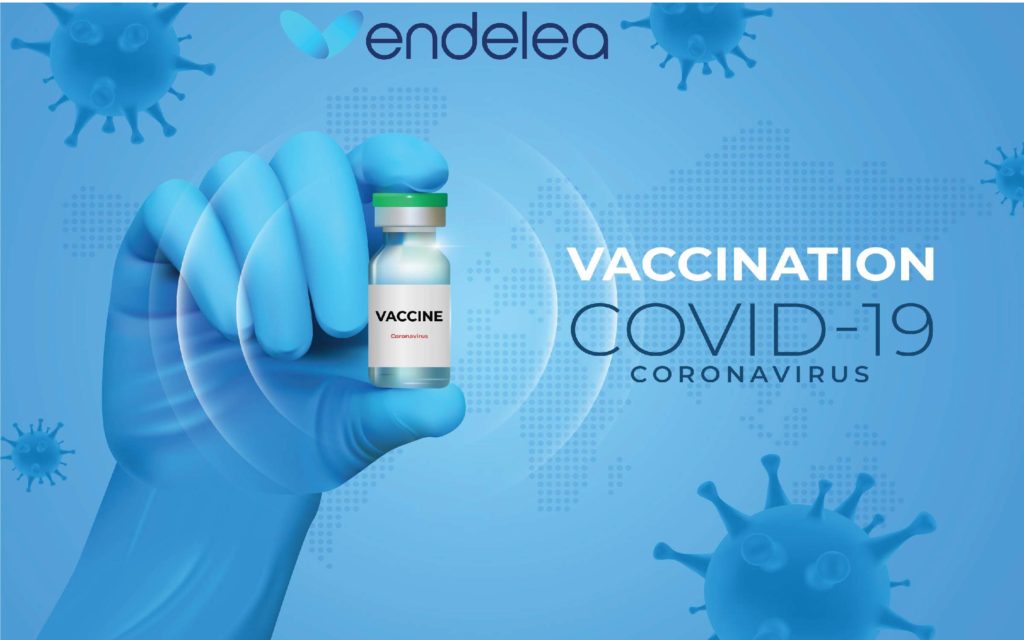
The emergence of new and more infectious coronavirus variants has raised an alarming question: Will the current crop of COVID-19 vaccine protect against these variants causing disease?
A research was conducted, scientists examined the levels of neutralizing antibodies, which prevent viruses from entering cells, in volunteers who had received the Johnson & Johnson COVID-19 vaccine.
What we found is that the neutralizing antibodies to the B.1.351 variant are reduced about fivefold,” says Dan Barouch, director of the Center for Virology and Vaccine Research at Beth Israel Deaconess Medical Center in Boston. B.1.351 is now known as Beta in the World Health Organization’s new nomenclature. It was first seen in South Africa.
That’s very similar to what other researchers have demonstrated with other vaccines,” he says. “However, we also demonstrated that there are many other types of immune responses besides neutralizing antibodies, such as binding antibodies, FC functional antibodies, and T-cell responses. And Barouch says that the latest immune reaction, the t-cell reaction is crucial. Because T cells, particularly CD8 T cells, play an important role in disease prevention.
These are the T-cells killer, “Barouch says. Barouch says. “These are types of T cells, which essentially can search and destroy infected cells and help directly clean up infections. It does not prevent infection; it helps to prevent the spread of the infection.
“T-cell replies are not actually limited to the variants at all,” says Barouch. This is not just the version Beta, but also the versions Alpha and Gamma. This could help to explain why the Johnson & Johnson vaccine prevents severe diseases in volunteers from South Africa, where troubling variants circulate.
Alessandro Sette, an immunologist in the La Jolla Institute of Immunology, said that “The data are very solid.” “The data of Dan Barouch show that [CD8 T-cell] reactivity is not significantly reduced,” she says.
The Pfizer-BioNTech and Moderna COVID-19 vaccines have similar results for Sette’s laboratory. Marcela Maus has been at the General Hospital in Massachusetts. Even if studies are needed in individuals to make sure vaccines work against variants, “I would say anything that generates an immune T-cell response to SARS-CoV-2 is promising as potentially protective,” said Maus.













